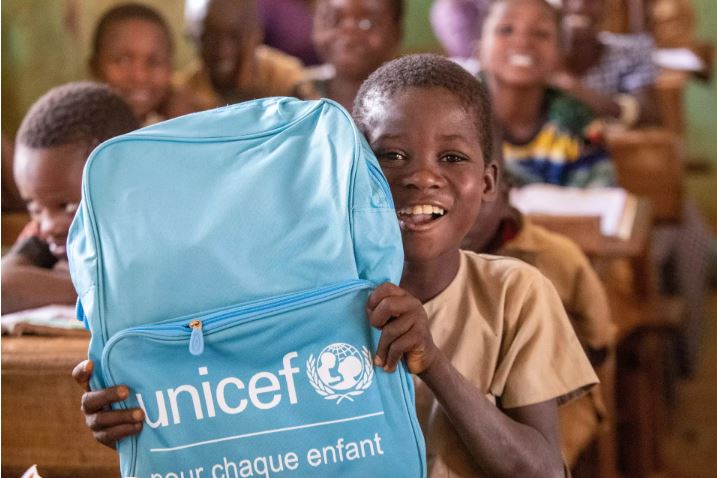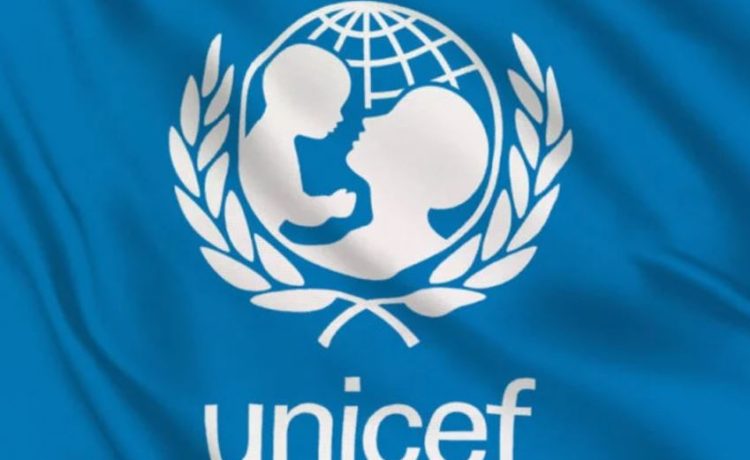As the global fight against malaria intensifies, UNICEF is calling for urgent action to meet the $9.3 billion funding target required for malaria control and elimination by 2025.

Also, Malaria remains one of the world’s deadliest diseases, particularly for young children, with millions of lives at risk each year.
To achieve the goal of a malaria-free world, UNICEF, along with its partners, is promoting a comprehensive and innovative approach to tackling this disease.
The funds will be allocated to support prevention, diagnosis, and treatment efforts across malaria-endemic countries.
By strengthening healthcare systems and increasing country capacities, it’s possible to reduce the global burden of malaria and ensure that every child has the chance to survive and thrive.
A Global Health Crisis
Meanwhile, malaria continues to be a leading cause of death and illness in many parts of the world, particularly in sub-Saharan Africa.
According to the World Health Organization (WHO), there were an estimated 247 million cases of malaria worldwide in 2021, leading to 619,000 deaths, the majority of which were children under the age of 5.
Despite significant progress in the fight against malaria over the past few decades, the pandemic has caused setbacks, and the threat of resistance to existing treatments and prevention methods remains high.
UNICEF’s Comprehensive Approach to Malaria Control
To meet the $9.3 billion funding goal, UNICEF is focusing on strengthening country capacities through innovative solutions such as new diagnostic tools, improved treatment methods, and innovative prevention measures.
These measures are designed to address the root causes of malaria transmission while ensuring that the most vulnerable populations, particularly children and pregnant women, have access to life-saving interventions.
The approach also includes community-based health programs, aiming to engage local communities in malaria prevention and encourage behavioral changes to reduce transmission rates.
Meanwhile, building resilient health systems and increasing access to essential healthcare services has been described as key to achieving malaria elimination goals.
The Road to a Malaria-Free Future
A malaria-free world is within reach, but it requires global solidarity and sustained financial commitments. Achieving the $9.3 billion target by 2025 will enable UNICEF and its partners to make significant progress in eliminating malaria, improving healthcare systems, and saving lives.
It is also a vital step toward achieving Global Goal 3 of the United Nations Sustainable Development Goals (SDGs): ensuring good health and well-being for all.
UNICEF is calling on governments, private sector partners, and individual donors to contribute to the fight against malaria.
By supporting UNICEF’s malaria control efforts, the world is investing in a healthier, more prosperous global community for future generations.







